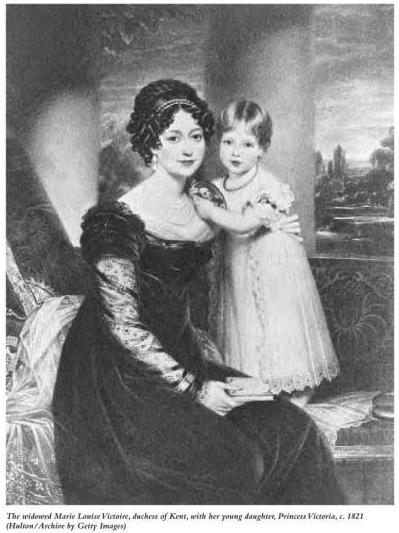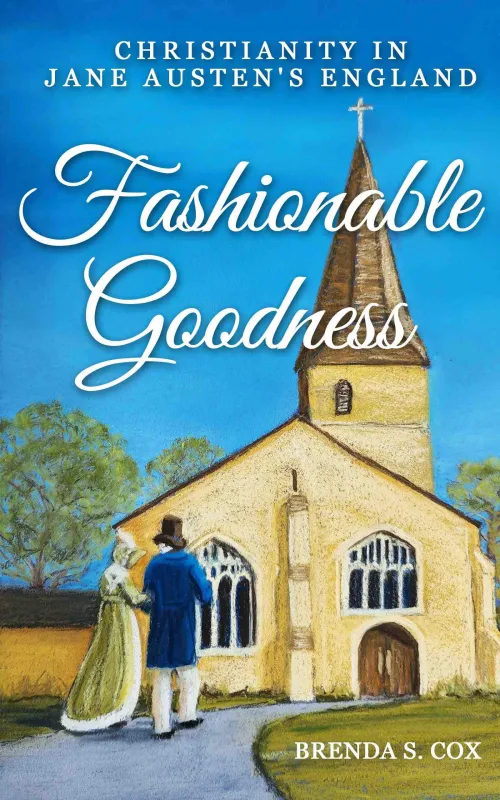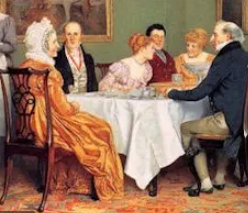Anyone who had the opportunity to see “At Home With the Georgians” with Amanda Vickery was in for a treat. The BBC series, based upon her fabulous book, Behind Closed Doors: At Home in Georgian England, covered courtship and marriages in the 18th century in great detail. The perspectives of bachelors, spinsters, and married couples were taken into account.
One of the most intriguing portions of the series occurred when Amanda Vickery introduced A Master-Key to the Rich Ladies Treasury or The Widower and Batchelor’s Directory by a Younger Brother, published in 1742.
The witty saying on the frontispiece describes perfectly why this book of lists was compiled:
“He took his Stand
Upon a Widow’s Jointure Land.”
The author, a younger brother who had to make his way in the world by working or marrying rich, writes these shameless words to the woman of fortune he is courting:
“Begin then Madam, hasten to begin — Bless the thrice happy Compiler, make the Happiness of a Younger Brother equal to that of his Elder, — Let the Honourable Mrs. M——n in the Connubial State shine with Splendour equal to Miss F———n in the Maiden, and tell a mistaken World that the Appellation Wife bears with it every Sound of Dignity and demands an universal Reverence;…”
This book was compiled for those men who were unlucky to follow in their elder brothers’ shadows, for the laws of primogeniture dictated that the eldest son would inherit everything. The ladies are described in its pages with their names, where they live, the largeness of their reputed fortunes and of the stocks held in their names.
Marriage was the only option for ladies during the Georgian era, since they could not control their own fortunes or possess lands. All they “owned” was held in trust for them. Many a rich spinster or widow preferred choosing marriage over living a life alone.
One can almost hear this shameless Younger Brother courting his future bride (and plying her with gifts and poesies) as he charms her into marriage and publicly worships her with these words:
I could for ever dwell on the Repetion of your Charms, if I were not in immediate Expectation of the Possession of them: Whatever Pleasures, whatever Joys we earnestly covet, we surely anticipate of; when alone I am for ever repeating one Line of Dryden’s,
Happy, Happy Pair!”
Today many a suitor would be laughed off his knees if he said such a thing, but back then marriage was a serious business. An engagement represented the best financial arrangement that the pair could finagle. A gentleman had only a few means of making a fortune, one of which was by marrying rich, and a lady had only one means of supervising her own household, and that was in attaining the status of a wife. The Marriage Mart, as the pages in A Master Key imply, was strictly business. Oh, it helped if the people involved had pleasing countenances, good manners, and gentle hearts, but none of these attributes are discussed in this short list of women on the marriage mart in 1742.
I can imagine that many younger sons found comfort in these lists and made elaborate plans to be introduced to the women described so coolly inside of them. To these gentlemen the Younger Brother writes:
Whoever has read the Advertisements in the public Papers of Mr. C—-x, and the unknown Lady who accepted of his Proposals, will instantly acknowledge the Usefulness of the following Directory: The Dilemma that Gentleman was reduced for a Partner, determined the Compiler to set about it: He resolved to spare no Pains: He carefully examined every List of the Proprietors of the public Funds; and made afterwards the best Enquiry he was capable of, into their Fortunes exclusive: As it was impossible to give the exact Fortune of every lady in so large a List as the following, he thought proper to make in his Kalender, one Column under the Title of Reputed Fortunes.”
The Younger Brother’s advice is quite straightforward and required little embellishing:
Thus Gentlemen, have I in the following Sheets I think, opened a fair Field for Action for you; a fine Choice and a fine Collection of Ladies; — Open the Campaign directly then yourselves, that my next may be a new Sett. I have one favour to beg of you, and then I take my Leave; that no one of you, of what Degree soever, presume to attempt the Lovely Charmer I dedicate to; as to the Rest, I heartily wish you all Success …”
The Marriage Mart, I imagine, was a dance of the sexes, with the younger sons finding the best situation their charms were capable of, and the women choosing among the pool of men, hoping that their choice of mate will remain charming, moral, and kind and not turn into a selfish, wife-beating monster.
- A Master-Key to the Rich Ladies Treasury or The Widower and Batchelor’s Directory by a Younger Brother, published in 1742.
- Life had not changed much for women by the mid-19th century: Succinct account of women in the mid-19th century
- Listen to a podcast of an interview with Amanda Vickery about Behind Closed Doors












